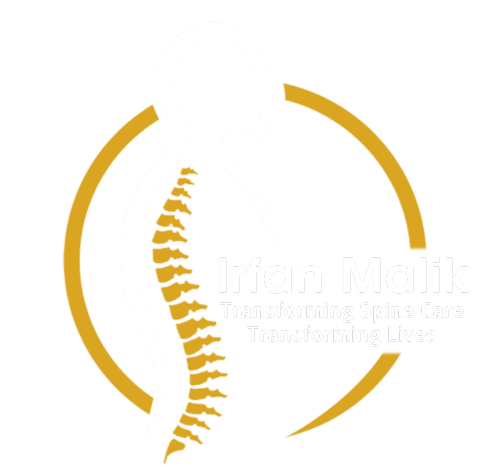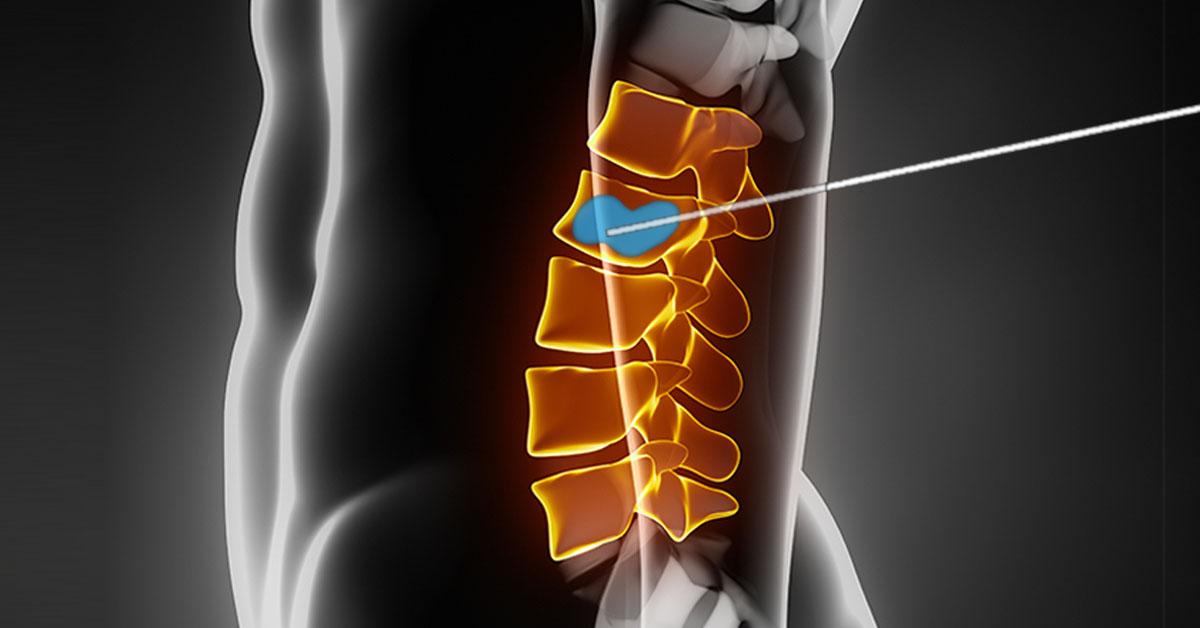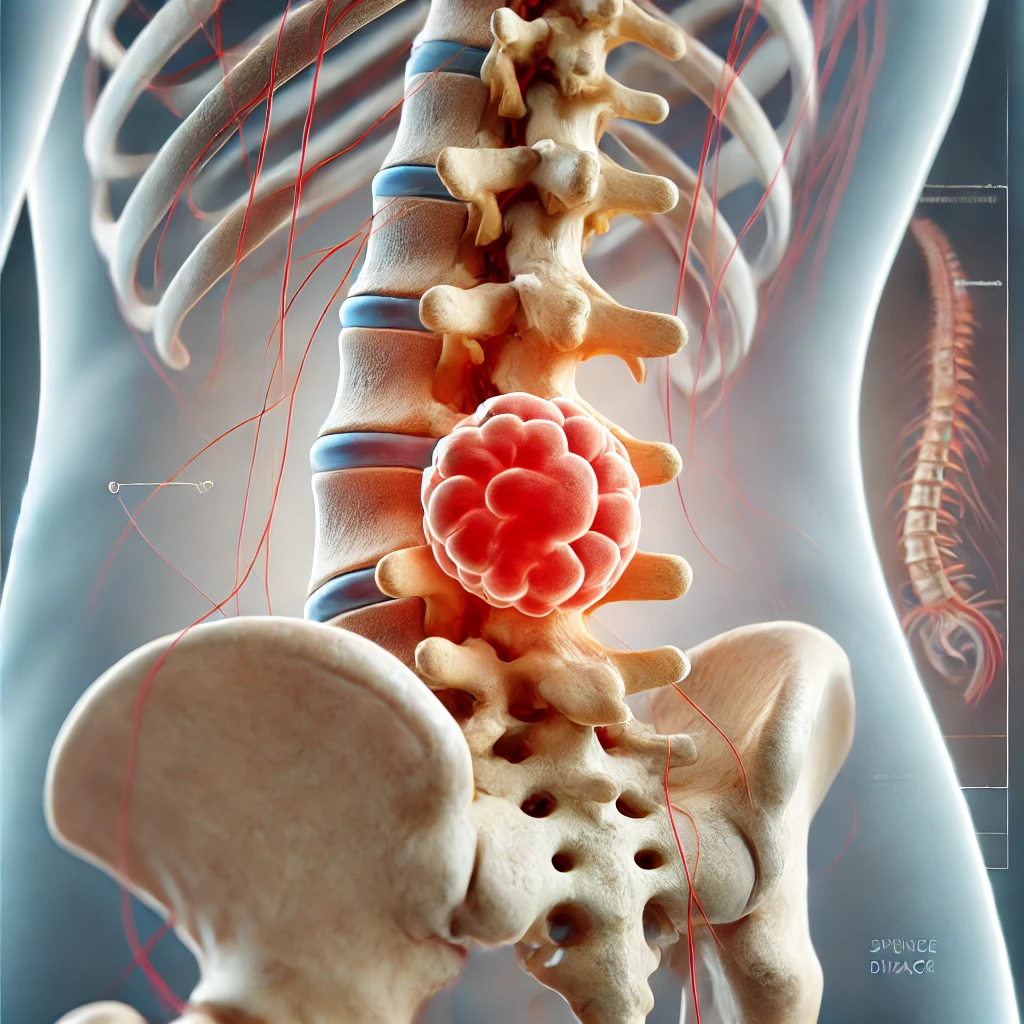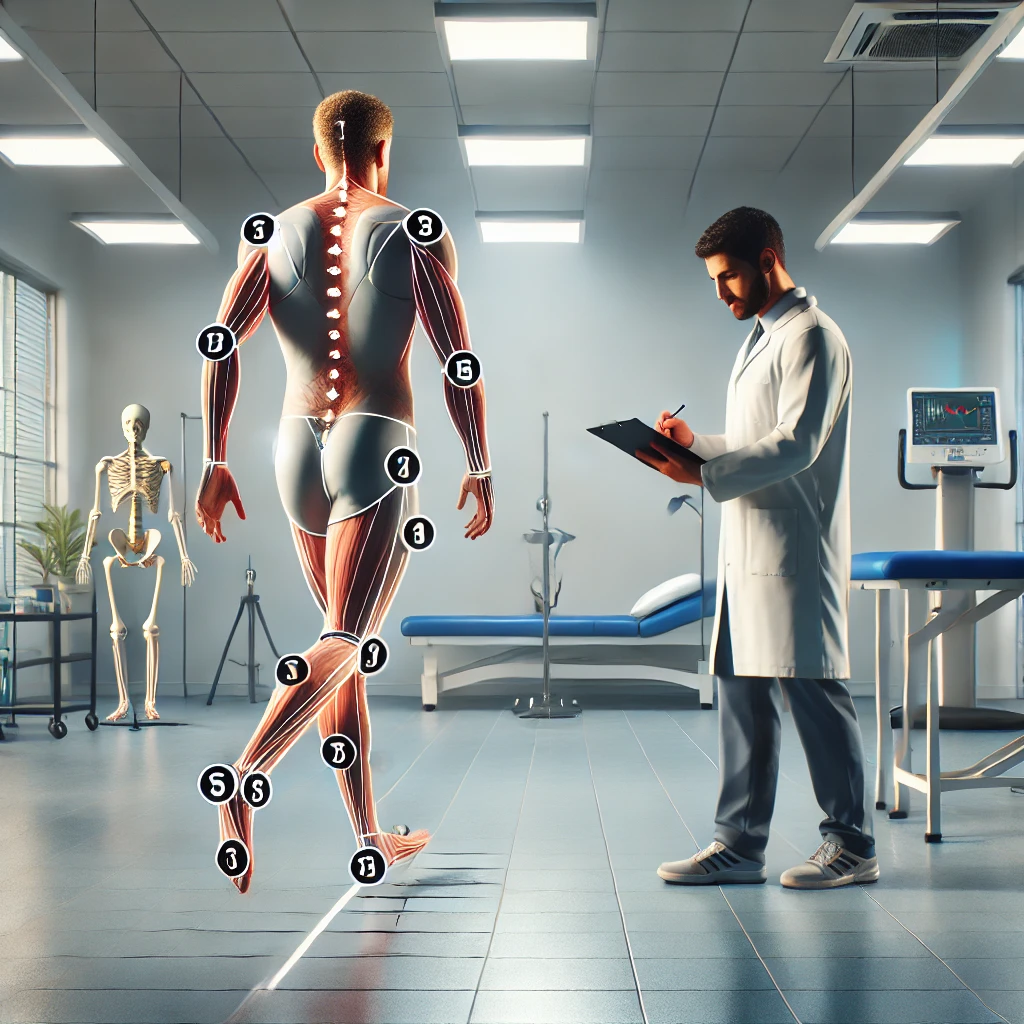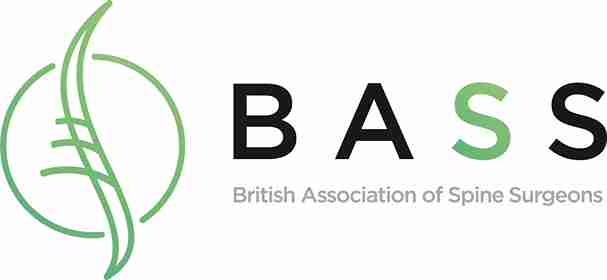Overview
A neck fracture, also called a cervical fracture, occurs when one of the bones in the neck (cervical vertebrae) breaks. This injury is often serious because it can damage the spinal cord, leading to potential paralysis or other severe complications. Neck fractures can happen due to accidents, sports injuries, falls, or any traumatic impact on the neck area. Understanding the symptoms, causes, and treatment options can help manage this condition effectively and avoid further complications. Dr. Irfan Malik at Mspin is here to help patients face and fight this severe condition.
